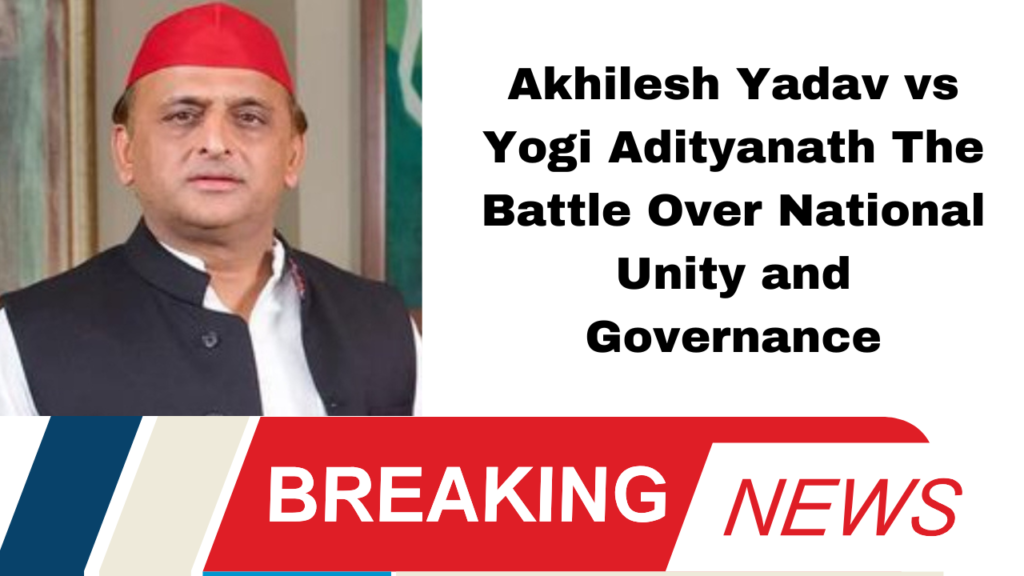Samajwadi Party Leader Criticizes BJP’s Governance and Calls for Responsible Leadership
Political Tensions Escalate Over Unity Comments in a recent development that has stirred significant political debate, Samajwadi Party President Akhilesh Yadav has strongly criticized Uttar Pradesh Chief Minister Yogi Adityanath’s remarks about national unity. During a public event in Agra, Adityanath warned that “if we are divided, we will be cut,” using Bangladesh as a cautionary tale to underline the importance of national cohesion. His statement, emphasizing the need for unity to ensure the nation’s strength and safety, has been met with sharp rebuttals.
Akhilesh Yadav Responds with Critique
Akhilesh Yadav responded with a vehement critique of Adityanath’s comments, arguing that responsible leaders should work to protect citizens from fear rather than create an atmosphere of dread. In a post on the social media platform X, Yadav expressed his disapproval, stating, “The job of responsible people is to protect from fear, not to spread fear. If these views are personal, they are misguided; if they represent the party’s stance, they are even more concerning. The BJP’s rule seems to have fostered an environment of fearwhere is the promised ‘double engine’ of governance in this scenario? Such statements are utterly condemnable!”
Broader Implications and Governance Concerns
Yadav’s criticism also extended to broader governance issues. He questioned the Prime Minister’s role in managing international relations, suggesting that it is crucial for leaders to respect the boundaries of their roles and avoid undue interference in foreign policy matters. He implied that the people of Delhi should ensure that any overreach in decision-making, particularly in international contexts, is addressed appropriately.
This ongoing exchange highlights the intensified political climate in Uttar Pradesh and reflects a deeper debate about leadership, governance, and national unity. As political figures continue to weigh in on these issues, the public remains engaged in a broader conversation about the future direction of the country and the role of its leaders.
